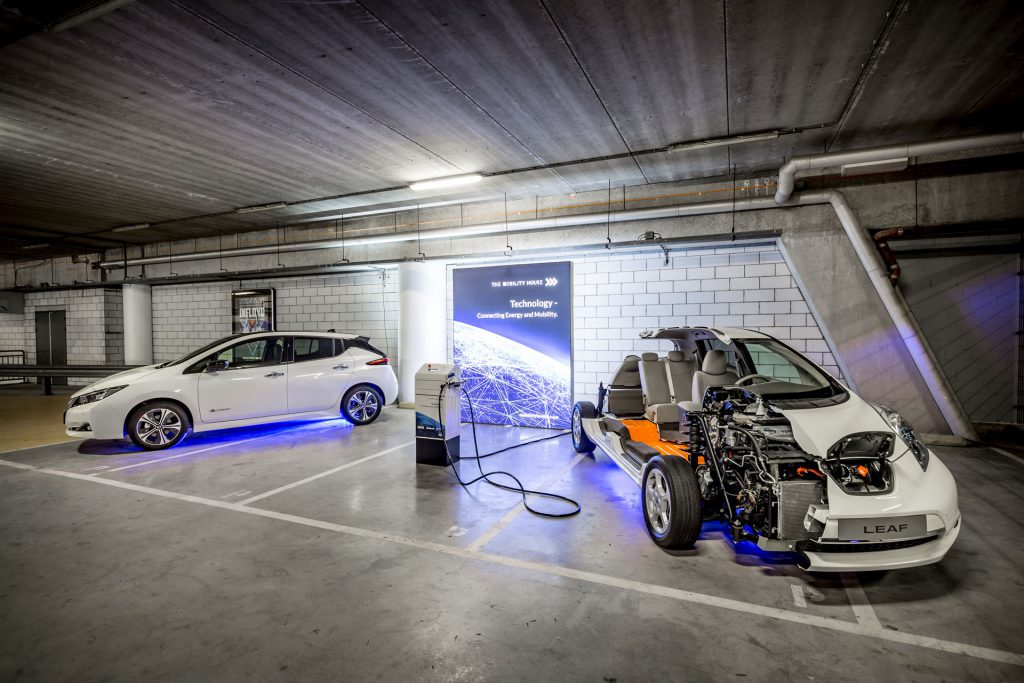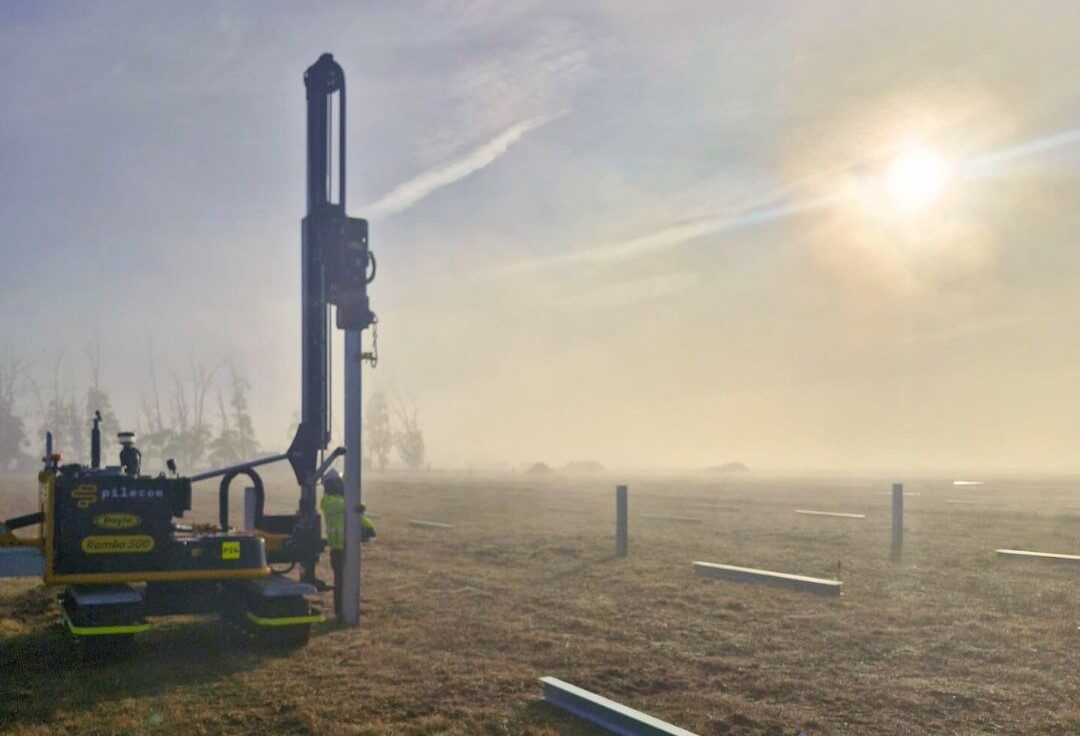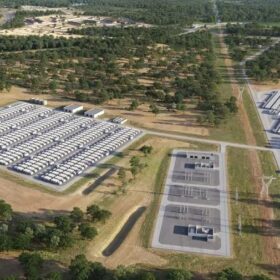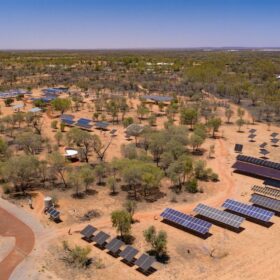Australia is in line for its largest open, ultra-rapid network of charging stations for electric vehicles (EVs), which will allow to add up to 400 km of range in 15 minutes.
The network is rolled out by Melbourne-based start-up Chargefox, which has managed to raise $15 million for the project.
The funding has come from a combination of sources including investment from the Australian Mobility Clubs (NRMA, RACV, RACQ, RAC, RAA and RACT) – now the largest shareholder, Wilson Transformers and the founder of Carsales, Greg Roebuck, and grants from Australian Renewable Energy Agency (ARENA) and the Victorian Government.
ARENA announced $6 million in funding to the project on Monday, describing it as game-changer that would encourage the uptake of EVs by reducing range anxiety.
“EV charging networks are being rolled out in other countries, and Australia needs to catch up to ensure that we can experience the same benefits of improved driving experience, lower operating costs, and better environmental outcomes that EVs offer,” ARENA CEO Darren Miller said, noting that range anxiety is a key barrier to uptake of EVs in Australia.
“This will not only encourage more people to purchase EVs, but will also ensure that all charging is coming from renewable energy and provide a useful test case for charging EVs from remotely located, distributed renewable generation.
The chargers will be capable of power output of at least 150 kW and up to 350 kW, which will be the fastest of any charger currently available in Australia.
“Chargefox is committed to sustainable mobility. Our network of ultra-rapid charging stations will play a significant part in improving the infrastructure of this country and remove one of the major barriers that limits the adoption of EVs,” said Marty Andrews, CEO, Chargefox.
“The charging stations will enable all modern EV drivers to confidently drive between Australia’s major cities.“
In the initial $15 million rollout, Chargefox plans to include 21 charging sites on interstate highways across the east coast connecting major capital cities including Adelaide, Melbourne, Sydney, Canberra, Brisbane and separately north and south of Perth.
The first two stations will be located in Euroa and Barnawartha North, Victoria. These two sites are also receiving $1 million in funding from the Victorian Government – an announcement made by Victorian Energy Minister Lily D’Ambrosio in her address at the recent 2018 All Energy.
All the charging stations will be powered through the purchase of renewable energy. The Euroa site will include a solar and battery installation and the Barnawartha North site will also feature a new solar installation.
The charging sites are expected to be no more than 200 kilometers apart – well within the range of modern EVs.
EV owners will able to locate hundreds of charging points across Australia and New Zealand using the Chargefox App, which will also allow users to pay for charging via their mobile phone.
Overall, EVs are seen as particularly important for the energy transition, not only as a cleaner and cheaper means of transportation, but also as a source of battery storage.
According to a recent study by Fitch Solutions Macro Research – a unit of Fitch Group – EVs will be the largest source of battery storage over the coming decade in key renewables markets, while leveraging a two-way flow of electricity from EVs to balance power supply and demand could become a key component of global efforts to introduce intermittent renewables to the power mix.
This content is protected by copyright and may not be reused. If you want to cooperate with us and would like to reuse some of our content, please contact: editors@pv-magazine.com.









By submitting this form you agree to pv magazine using your data for the purposes of publishing your comment.
Your personal data will only be disclosed or otherwise transmitted to third parties for the purposes of spam filtering or if this is necessary for technical maintenance of the website. Any other transfer to third parties will not take place unless this is justified on the basis of applicable data protection regulations or if pv magazine is legally obliged to do so.
You may revoke this consent at any time with effect for the future, in which case your personal data will be deleted immediately. Otherwise, your data will be deleted if pv magazine has processed your request or the purpose of data storage is fulfilled.
Further information on data privacy can be found in our Data Protection Policy.